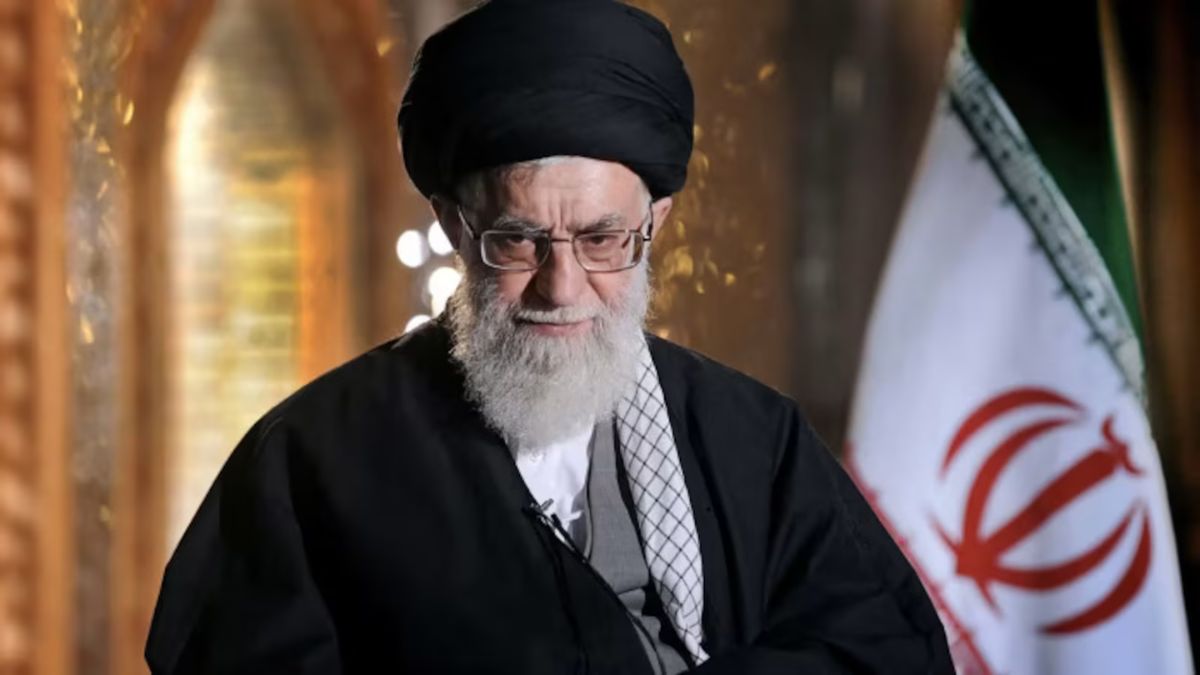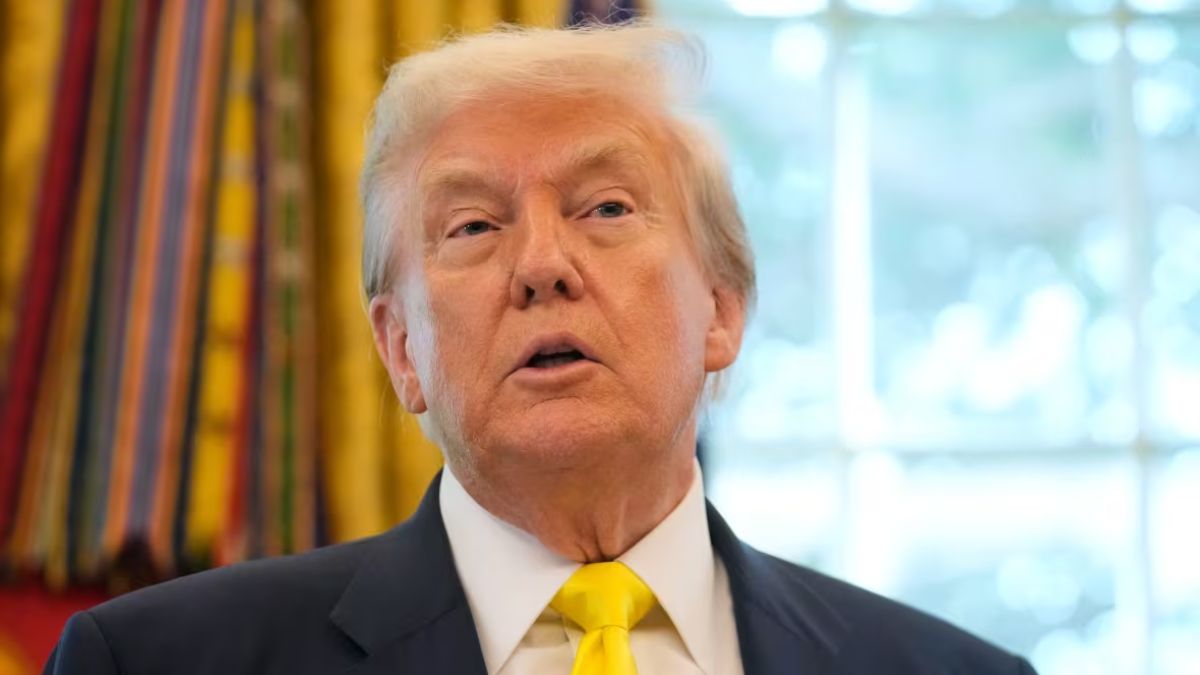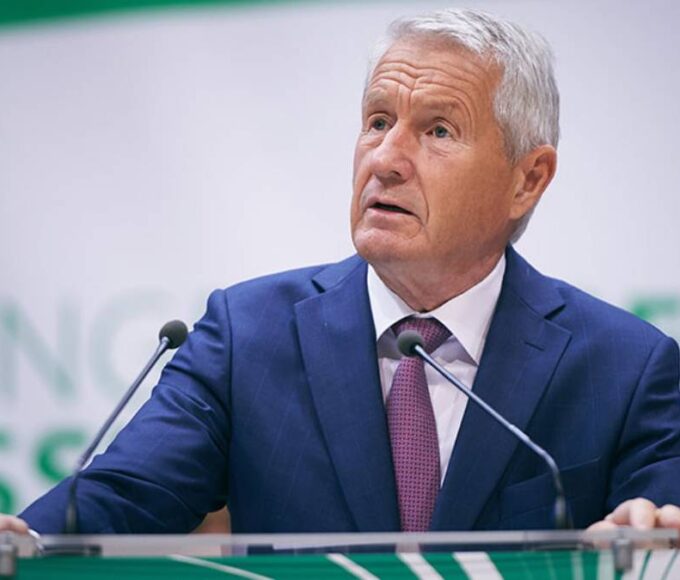Iran has officially ended its cooperation with the International Atomic Energy Agency (IAEA), a move the United States strongly criticized as “unacceptable.”
Iranian President Masoud Pezeshkian signed a new law that stops all work with the UN nuclear watchdog. This decision follows a vote by Iran’s parliament and claims by Iranian officials that the IAEA helped Israel carry out airstrikes on Iran’s nuclear sites. The IAEA has denied these accusations.
U.S. Demands Full Cooperation
Tammy Bruce, a spokeswoman for the U.S. State Department, responded firmly on Wednesday.
“It is unacceptable that Iran chose to suspend cooperation with the IAEA at a time when it has a window of opportunity to reverse course and choose a path of peace and prosperity.”
She added that Iran must cooperate fully without delay and fulfill its nuclear responsibilities under the Non-Proliferation Treaty (NPT).
Tensions Rise After Airstrikes
Recent U.S. and Israeli airstrikes on Iranian nuclear facilities, including Fordow, Natanz, and Isfahan, have increased tensions. Former President Donald Trump claimed the strikes caused “total obliteration” of Iran’s nuclear infrastructure. Iran confirmed serious damage but has not allowed IAEA inspectors full access to the affected sites.
Following the attacks, Iran said it would not guarantee the safety of inspectors and criticized the IAEA’s expectations for continued cooperation.
Concerns Over Iran’s Nuclear Program
Before the strikes, Iran was enriching uranium up to 60%, which is close to the level needed for nuclear weapons. Iran is the only country doing so without possessing nuclear arms.
The U.S. urged Iran to allow full inspections, share details about undeclared nuclear material, and grant access to new enrichment sites.
“Iran cannot and will not have a nuclear weapon,” Bruce said.
Background on the Nuclear Deal
The IAEA has monitored Iran’s nuclear program since the 2015 nuclear deal (JCPOA), which limited Iran’s uranium enrichment in exchange for lifting sanctions. However, after the U.S. exited the deal in 2018, Iran slowly reduced its cooperation.
Despite limited access, the IAEA has tried to keep inspections going, investigate uranium traces at unknown locations, and restart monitoring systems.
For now, the situation remains tense as world powers wait to see if diplomacy can bring Iran back into compliance.











